It’s a vivid example of unintended consequences that the swimming-pool builders of southern England should owe so much to Sir Nicholas Goodison, the former chairman of the London Stock Exchange who has died aged 87 and whose obituaries suggested little inclination to frivolity, poolside or otherwise. Head-and-shoulders the most cerebral of the Exchange’s leading members at the turn of the 1980s, he was also one of its most far-sighted and probably, as a noted connoisseur of 18th-century clocks, its most cultured.
A traditionalist majority of his peers were content with the City’s clubbable old ways. But Goodison — a third-generation stockbroker who had originally thought of a career in teaching — argued for the competitive virtues of abolishing fixed commissions, integrating broking and jobbing which had always been kept apart, and raising the potential of London to challenge Wall Street by allowing combined firms to be owned by deep-pocketed banks.
He also recognised the Thatcherite urge to break up closed shops of all kinds, signalled in 1981 when the Office of Fair Trading launched a case against the Exchange in the Restrictive Practices Court. So he proceeded to negotiate the rule changes that were the foundation of the Square Mile’s 1986 self-reinvention known as ‘Big Bang’.
The traditionalists regarded him as a clever radical and a bit of a cold fish; he regarded them (so one of his colleagues told me) ‘with a certain intellectual contempt’. But they went along for the ride once they realised they could sell their partnership interests at fat prices and carry on coining it in as salaried employees of the banks that had bought them.
The City was transformed. Not entirely for the better, as I’ve written many times, but in ways which continue to attract international players and vast flows of capital in the next generation, enabling London to have held its pre-eminence as a global finance hub through the crisis of 2008 and Brexit’s disruptions. Meanwhile, many of the banks (especially the American ones) that had paid top dollar for stock exchange firms found their purchases troublesome and unprofitable, and sooner or later dismantled them. But as anyone flying into Gatwick or Stansted around 1990 would have observed, not before the cash-rich ex-partners had all built their swimming pools.
Green vs greenback
London has also reinforced its reputation as a global hot spot for entrepreneurs and investors in ‘fintech’, or financial technology. After a first surge of enthusiasm three or four years ago, mostly around retail banking apps, the sector is now very much back in fashion, this time focused chiefly on next-generation payment systems, including the possibilities of harnessing the ‘blockchain’ mechanism used by cryptocurrencies.
Revolut, a currency, debit card and trading platform venture founded by Russian and Ukrainian entrepreneurs and now seeking a UK banking licence, has just announced a capital-raising valuing it at £24 billion, which makes it worth more than NatWest. Wise (formerly TransferWise), a foreign exchange business that listed earlier this month, has risen to more than £9 billion. Confirmation of the trend comes from across the pond in pre-IPO valuations of Robinhood, the share-trading app that claims to ‘democratise’ investment, at up to $35 billion.
But speaking of hot spots and watching the weather, you might expect investor enthusiasm and the cash flows of the venture-capital sector to be directed currently towards anything that might help achieve net-zero carbon emissions in double-quick time. But money and all the gimmicks that surround it seem to attract more money — while no one has ever accused financial markets of striving to save the planet.
Revolut in its earlier phase was, incidentally, an entrant in The Spectator’s Economic Innovator of the Year Awards for 2018, our competition’s first year, and is one of many that have gone on to make a bigger splash. I’m delighted to report a record number of entries for 2021 and I’ll be able to give you the flavour of which sectors predominate — green or greenback, as it were — in a couple of weeks’ time.
Strolling London’s boulevards
Lockdown prompted me, like many thousands of others, to look for a new home — in my case in the central London enclave of Seven Dials (though I’m keeping a bolthole in Yorkshire, in case you’re wondering). And one of the best things that’s happened since I moved in was a neighbour introducing me to a cocktail called a ‘boulevardier’ — bourbon, Martini Rosso and Campari over ice — which has become a kind of personal motif for this sweltering summer.
The prospect of escape to France having receded with the latest U-turn on quarantine, I’m content instead to stroll the byways of Covent Garden and Soho spotting friends and acquaintances enjoying their own cocktail choices at pavement tables: my street is now one of many that have largely been given over, despite residents’ objections, to outdoor eaters and drinkers. And I have to say, as their chatter floats up to my windows, that they’ve brought a welcome lightness of being as well as an audible sense of economic optimism.
Let’s hope — what with global trade glitches, ‘pingdemic’ labour shortages, nature’s capacity for nasty surprises and a government that looks every bit as spineless, dishonest and incompetent as Dominic Cummings says it is — they won’t be disappointed. And if you prefer to escape the febrile heat into a cool, dark cave that’s a reminder of less uncertain times, try Le Beaujolais in Litchfield Street, tucked away off Charing Cross Road and pretty much unchanged, I’m told, since it opened in 1972. Lunching long on charcuterie, rabbit stew, Alsace Pinot Blanc and Muscat de Beaumes-de-Venise, wine editor Johnny Ray and I laughed and gossiped like boulevardiers without a care in the world.
Got something to add? Join the discussion and comment below.
Get 10 issues for just $10
Subscribe to The Spectator Australia today for the next 10 magazine issues, plus full online access, for just $10.
You might disagree with half of it, but you’ll enjoy reading all of it. Try your first month for free, then just $2 a week for the remainder of your first year.


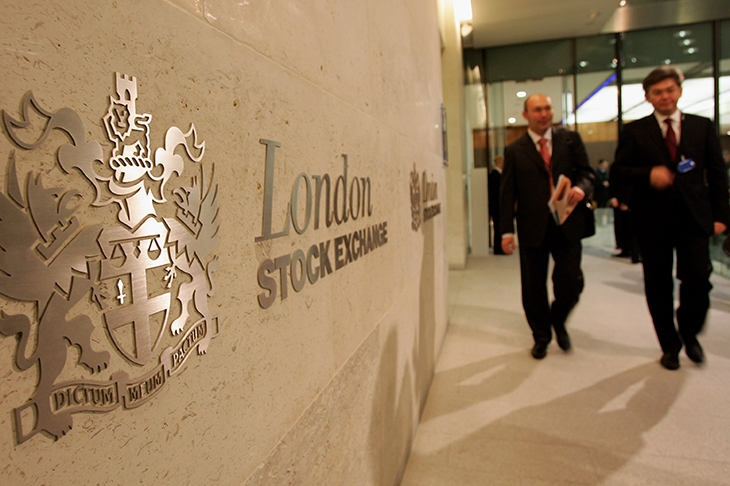

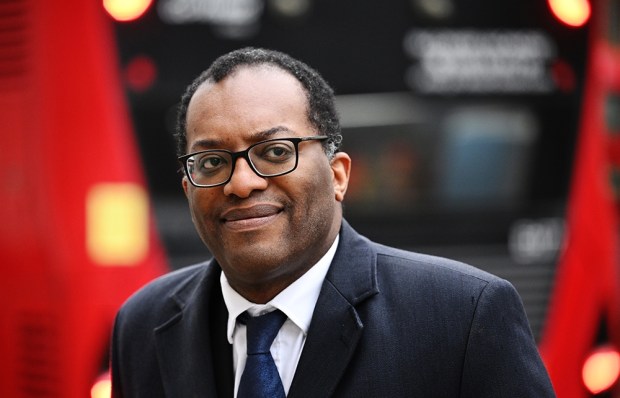
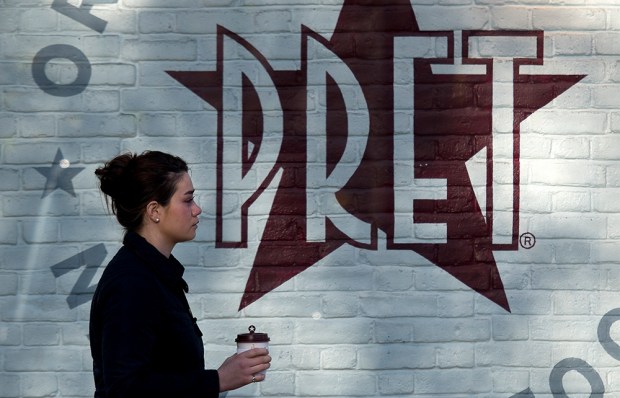
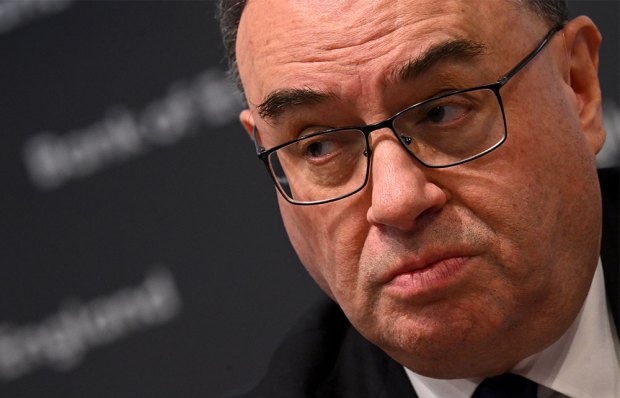
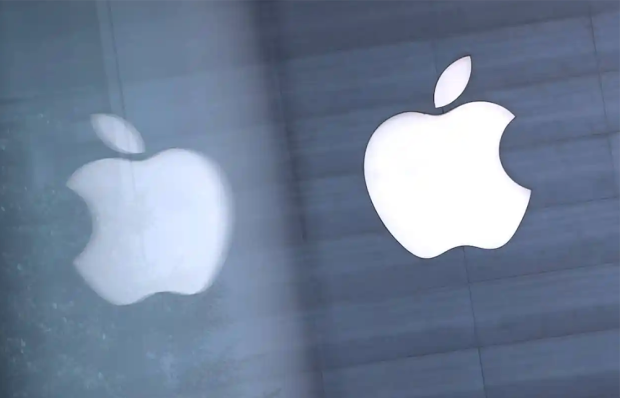







Comments
Don't miss out
Join the conversation with other Spectator Australia readers. Subscribe to leave a comment.
SUBSCRIBEAlready a subscriber? Log in